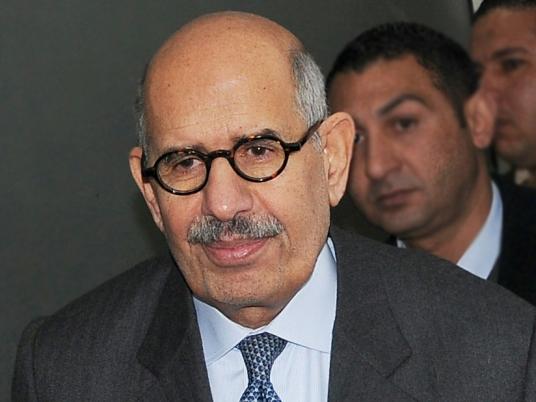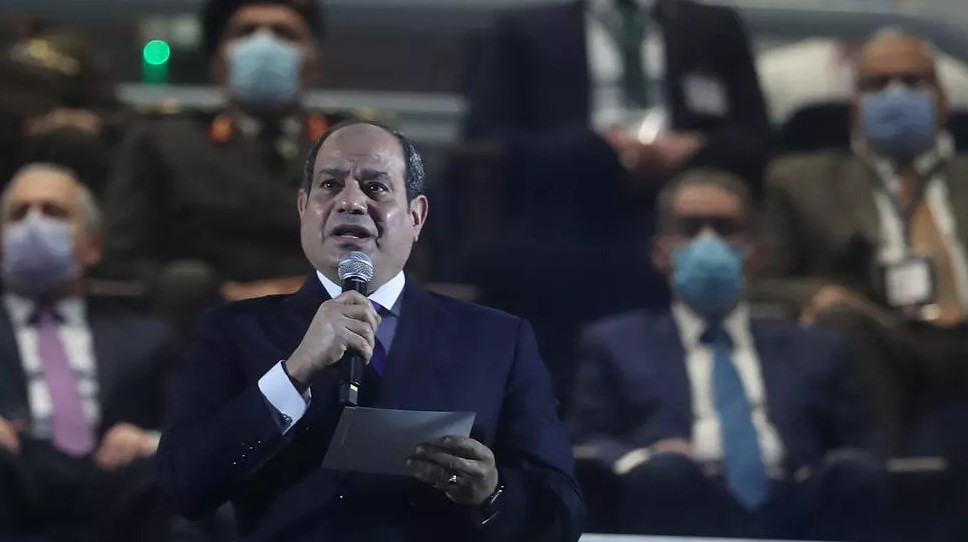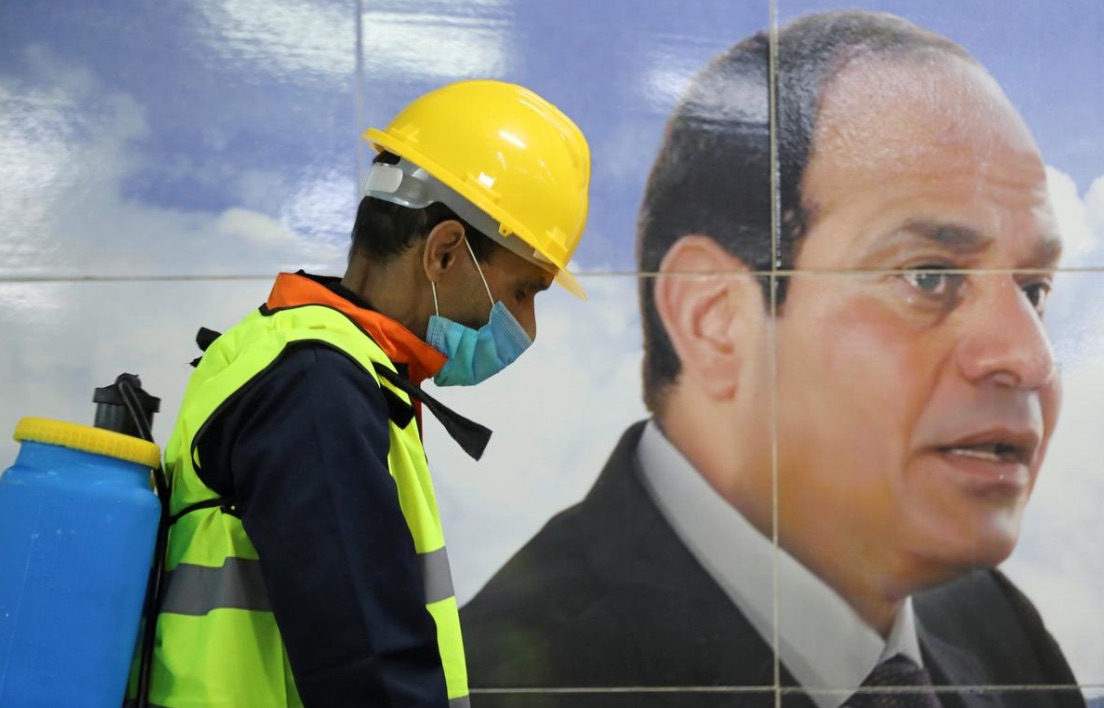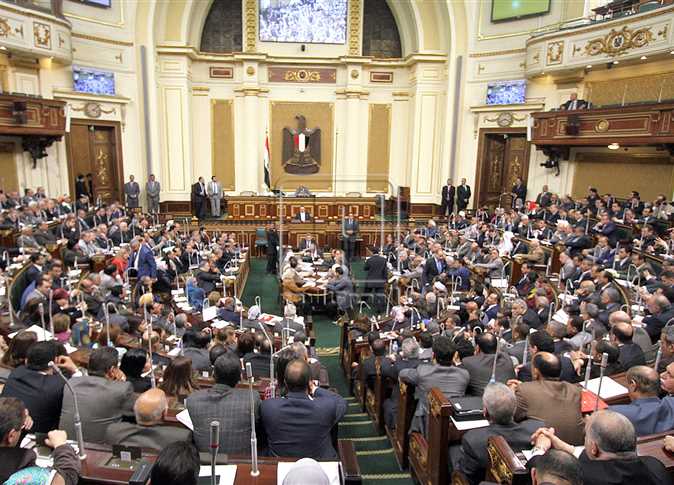With the political opposition renewing calls for the amendment of Egypt’s constitution–particularly those articles pertaining to presidential elections–the question remains as to whether pressure alone will be effective, since, according to legal experts, "peaceful opposition and pressure" are all the opposition has to work with. Sought-after amendments include changes to articles 76, 77 and 88 of the national charter to allow independent candidates to run for president and to guarantee judicial oversight of elections.
Lifting Egypt’s longstanding state of emergency–in effect for three decades–is another demand that has remained unfulfilled, despite a 2005 promise by President Hosni Mubarak to replace it with anti-terror legislation. Such a change, say critics, would serve to ease restrictions on communication, assembly and free speech, while still guaranteeing swift procedural action against terror suspects.
As it now stands, many legal experts say the constitution does not allow for even minimum levels of electoral integrity. According to Nasser Amin, head of the Cairo-based Center for the Independence of the Judiciary, constitutional amendments made in 2006–which replaced judicial oversight of elections with a government-appointed electoral committee–were little more than a disingenuous attempt at portraying transparency.
A 2007 analysis of the controversial amendments by the Washington DC-based Carnegie Endowment found that the original version of Article 88, which stipulated that voting must take place under judicial supervision, did not give judges the necessary authority over balloting. But the amended version, while appearing to be in line with international practice, "hardly reassured regime critics that a truly neutral body is intended," the analysis concluded.
Amin says that this amendment, approved in 2006, did away with all hope for independent monitoring of parliamentary elections scheduled for this fall and for presidential elections slated for one year later.
Judges Mahmoud Mekki and Hisham el-Bastawisi, who blew the whistle on the blatant vote rigging that accompanied 2005 parliamentary elections, have challenged the notion of government-appointed electoral monitors. Both have paid a price for their outspokenness, however, with Mekki being charged with "tarnishing the image of fellow judges" by accusing them of fraud, while el-Bastawisi was formally reprimanded.
In 2006, the High Court and Egypt’s Judges’ Club were temporarily transformed into hotbeds of political activism, where judges and their supporters rallied against government attempts to silence the judiciary. "Judicial independence" became the rallying cry, with angry demonstrations being met with riot police on more than one occasion.
Current attempts to revamp the constitution may be no less futile, since the ruling National Democratic Party (NDP)’s authoritative Policies Committee, along with parliament, remain the only bodies with the de facto power to endorse constitutional amendments, after which the issue must be put before a national referendum.
It remains unclear what the opposition will do next in the event its demands are refused this time around. But recent remarks by NDP stalwart Safwat el-Sherif suggest that the government has little intention of changing its position regarding independent candidacies in the 2011 presidential elections–which could include new kid on the block Mohammed ElBaradei, former director of the International Atomic Energy Agency (IAEA).
ElBaradei, who received a hero’s welcome during a recent visit to Egypt, has hinted more than once that he would run for president were the necessary constitutional changes made. The former IAEA chief’s titillating statements prompted Egypt’s myriad opposition forces to agree on the need to push for the requested amendments.
But the government has thus far refused to bow to pressure. El-Sherif, following a high-level meeting of the Policies Committee, said that constitutional amendments were"not on the agenda" and that all necessary changes were already made in 2006. And Mubarak, at a recent press conference in Germany with German Chancellor Angela Merkel, said that ElBaradei’s candidacy–as either an independent or member of an opposition party–is welcome, "so long as he abides by constitutional dictates."
According to Amin, there are only two ways by which constitutional amendments can be realized.
"The first is for the president to suggest the desired amendments, which are then sent to the People’s Assembly for approval," Amin told Al-Masry Al-Youm. "If approved, they’re put before a national referendum."
"The second is through parliament, where MPs can suggest amendments, which are then voted on," he added. "If two thirds or more of MPs approve the proposed changes, they’re likewise put before a national referendum."
Amin went on to explain that the political opposition had precious little with which to realize its demands besides peaceful opposition and pressure. "But if the government rebuffs their efforts, it’s over," he said. "No one can force the government to concede."
Even the ruling NDP lacks the legal right to suggest or approve constitutional amendments, except through its elected MPs–but it does so anyway.
"El-Sherif’s blatant refusal to amend the constitution, in his capacity as NDP secretary-general, is wrong," said Amin. "The government and ruling party have become one, which isn’t constitutional. The party should have nothing to do with the constitution."




